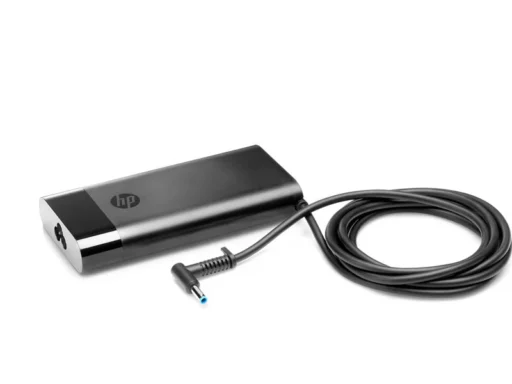Understanding the Modular Concept
The modular concept is an efficient strategic approach that is utilized to break down complex systems into smaller, manageable units called modules. Every module operates independently but not separately, It can be integrated with other modules to achieve a common goal. This concept is widely employed in various fields, including project management, software development, and organizational structures, to enhance efficiency and control.
Defining Span of Control
The span of control denotes the number of subordinates that a manager or supervisor can effectively oversee. Managing the span of control is sufficiently important for maintaining organizational efficiency and ensuring effective supervision. A narrow span of control means a manager has fewer subordinates, allowing for more direct supervision, while a wide span of control indicates a larger number of subordinates, which can lead to challenges in communication and management.
Managing Span of Control Using the Modular Concept
Which statement below correctly describes how to manage span of control using the modular concept? The answer lies in the ability to create distinct modules within an organization, each with its own span of control. By doing so, corporations can maintain effective supervision and enhance the whole productivity without any issues, except for minors. Here are some key strategies:
1. Decentralization: Delegate authority to different modules or departments, allowing each to operate semi-independently. This reduces the burden on top management and ensures that each module can focus on specific tasks, thereby optimizing the span of control.
2. Clear Hierarchical Structure: Establish a clear chain of command within each module. This ensures that each level of management has an appropriate span of control, preventing overload and ensuring effective communication.
3. Specialized Teams: Form specialized teams within modules focusing on specific functions or projects. This allows managers to oversee fewer but more focused tasks, improving efficiency and control.
Advantages of the Modular Concept in Managing Span of Control
Implementing the modular concept in managing span of control offers several advantages:
1. Enhanced Flexibility: Modules can be easily restructured or reconfigured based on organizational needs, allowing for greater adaptability.
2. Improved Focus: Managers and teams can focus on specific tasks or projects, leading to better outcomes and higher productivity.
3. Scalability: As the organization grows, new modules can be added without disrupting existing structures, ensuring sustainable expansion.
Conclusion
In conclusion, understanding which statement below correctly describes how to manage span of control using the modular concept is essential for organizational success. By decentralizing authority, establishing clear hierarchical structures, and forming specialized teams, organizations can effectively manage their span of control, leading to improved efficiency and productivity.

Read More interesting Topics With : YOURS
- Roblox Unblocked 66: Unlocking Endless Gaming Possibilities
- CoolMathGames Unblocked: Your Ultimate Destination for Fun and Learning
- Derrick Henry Cowboys: A Name that resonate in NFL
- The Alexee Trevizo Case: Latest Updates, Verdict Insights, and Ongoing Legal Battles in 2024
- Tyson vs Paul: A Clash of Generations in the Boxing Ring





